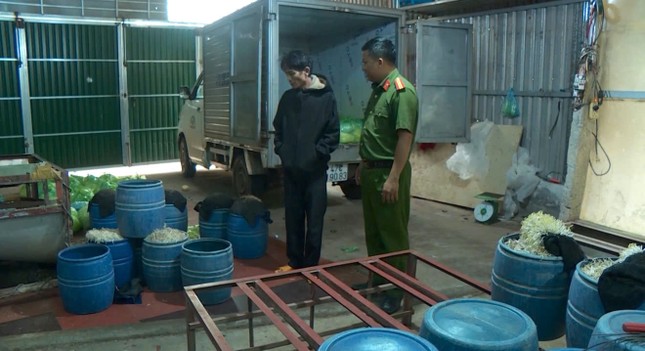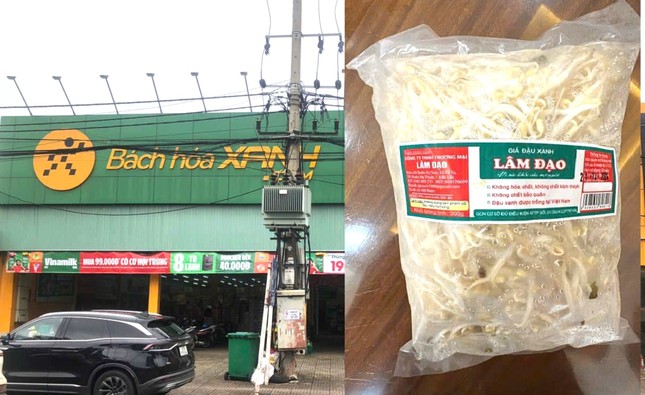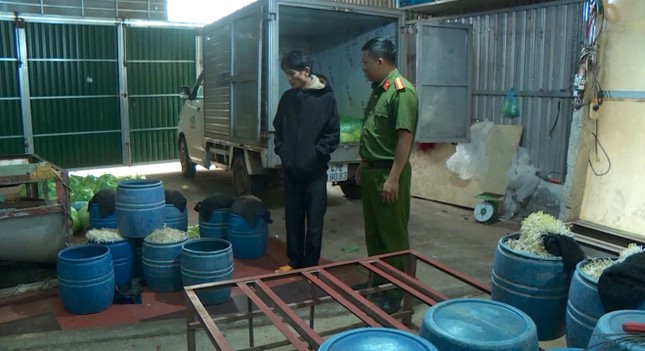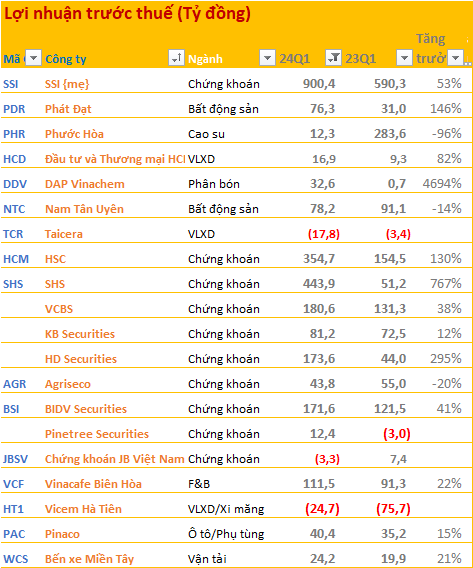In relation to the case of nearly 3,000 tons of bean sprouts being distributed to the market, on December 29, a leader of the Market Management Department of Dak Lak province said that their unit mainly inspects administrative procedures.
Specifically, this includes business licenses, business conditions, and tax obligations to the state, among others.
According to this leader, the Market Management Department does not inspect product quality, as this falls under the responsibility of the Department of Agriculture and Rural Development’s Quality Management Agency for Agriculture, Forestry, and Fisheries.
Meanwhile, the Quality Management Agency for Agriculture, Forestry, and Fisheries shared that out of the six bean sprout production facilities that were caught by the police, only the facility owned by Lam Dao had been granted a certificate of food safety and hygiene conditions by their agency.
However, they only granted and managed the preliminary processing, packaging, and trading of mung beans. The use of chemicals in the production process, which falls under the purview of cultivation, was not included in their scope. On the other hand, the Plant Protection and Cultivation Division (under the Department of Agriculture and Rural Development) stated that they do not manage this aspect.
Currently, the Dak Lak Provincial Police are expanding their investigation into the case of nearly 3,000 tons of bean sprouts soaked in 6-Benzylaminopurine, a substance commonly known as “candy water,” which has been distributed to the market in 2024.

Bean sprouts soaked in chemicals
Previously, the Economic Police of the Dak Lak Provincial Police inspected six bean sprout production facilities in Buon Ma Thuot City, including: two facilities owned by Lam Van Dao in Buon Ko Tam, Ea Tu Ward; two facilities owned by Vu Duy Tu, one facility owned by Nguyen Van Quynh, and one facility owned by Nguyen Van Hao, all residing in Tan Hoa Ward.
At these facilities, the police discovered the use of 6-Benzylaminopurine, commonly known as “candy water,” which is a banned substance in food production. Consuming large amounts of this substance can be fatal.
During the inspection, the police seized over 20 tons of bean sprouts that had been soaked in the banned substance and 135 liters of “candy water.”
The investigation revealed that in 2024, these six facilities distributed approximately 2,900 tons of chemically treated bean sprouts to the market.

Lam Dao’s bean sprouts sold at Bach Hoa Xanh
These individuals often sold their products wholesale to agents at the Tan Hoa wholesale market in Buon Ma Thuot City.
The Economic Police of the Dak Lak Provincial Police have decided to prosecute four cases and arrest and detain four facility owners for violating food safety regulations, as stipulated in Article 317 of the Criminal Code.

















